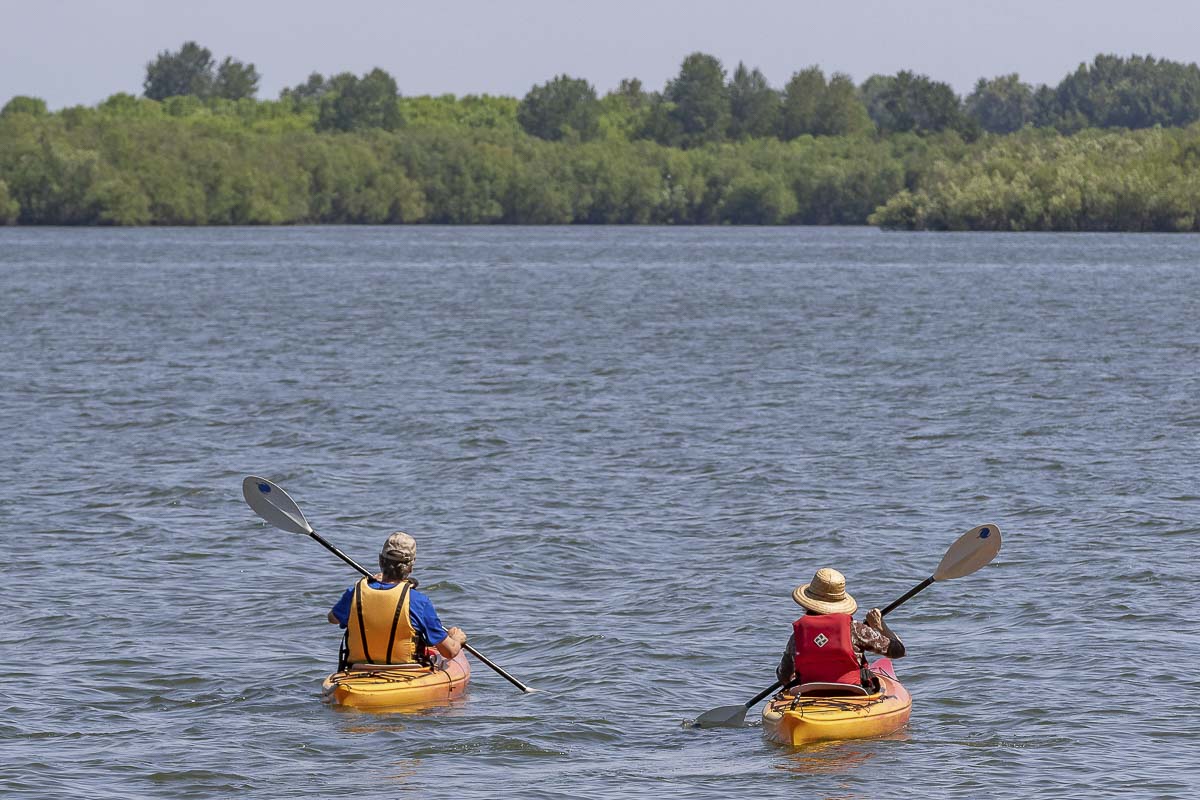Public Health has been monitoring blooms of cyanobacteria, also known as blue-green algae, at Vancouver Lake since June 12, and Round and Lacamas lakes in Camas since Monday
VANCOUVER — Clark County Public Health has upgraded its advisories at Vancouver Lake and Round Lake after test results revealed elevated levels of cyanotoxins in the water. Cyanotoxins can be harmful to people, especially young children, and deadly for small pets that drink the water.
Public Health has been monitoring blooms of cyanobacteria, also known as blue-green algae, at Vancouver Lake since June 12, and Round and Lacamas lakes in Camas since Monday.

Results from water samples taken from Vancouver and Round lakes on Monday revealed cyanotoxins above the threshold levels recommended by the Washington Department of Health. The caution signs at those lakes are being replaced with warning signs.
Public Health is advising people to avoid direct contact with all water in Vancouver and Round lakes. Health officials recommend:
No swimming, water skiing, paddle boarding, kayaking or canoeing.
No drinking lake water.
No water contact for animals.
Cleaning fish well and discarding organs.
Avoiding areas of scum when using motorized boats.
Results from water samples taken from Lacamas Lake on Monday showed toxin levels below the threshold for additional action. However, as long as algae are present, toxin levels could increase as conditions at the lake change. As such, the caution signs remain in place at Lacamas Lake.
At Lacamas Lake, health officials are advising people and pets to avoid direct contact with water in areas of floating blue-green-colored scum.
Public Health will continue to monitor the lakes as long as blooms are present and take weekly water samples to test toxin levels. Signs will be updated as conditions change.
Additional information about blue-green algae and current advisories are posted on the Public Health public beach website. To report algae blooms in other bodies of water, visit the Public Health website.
Information provided by Clark Co. WA Communications.




